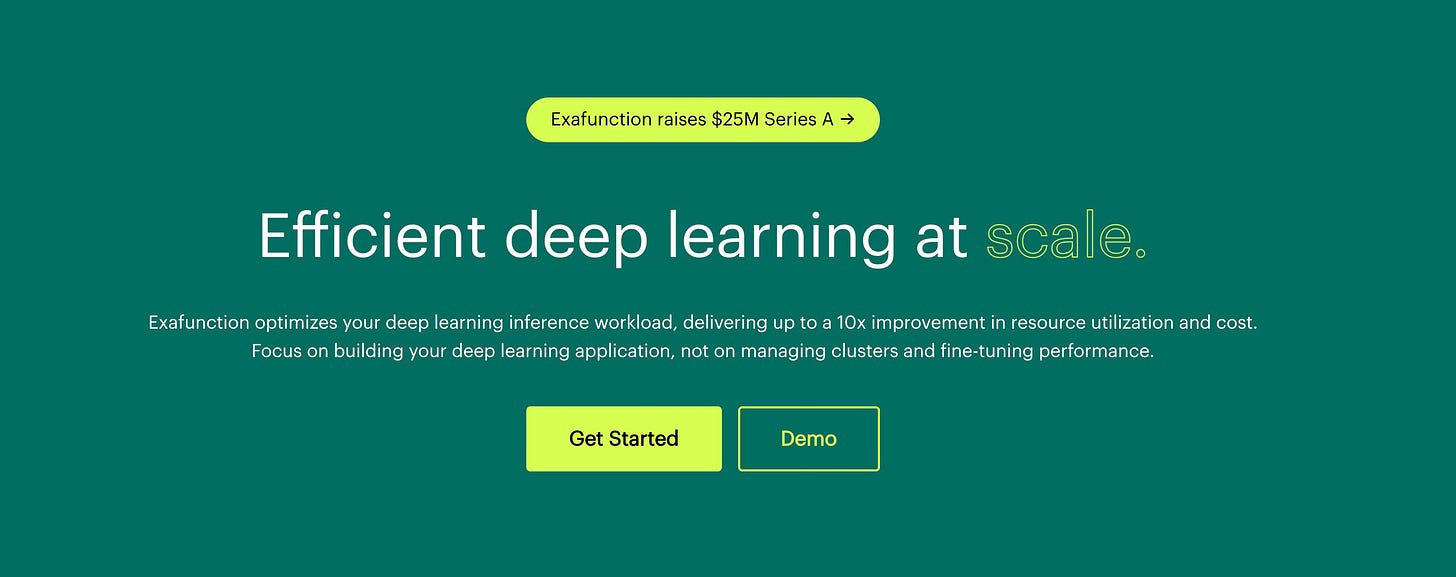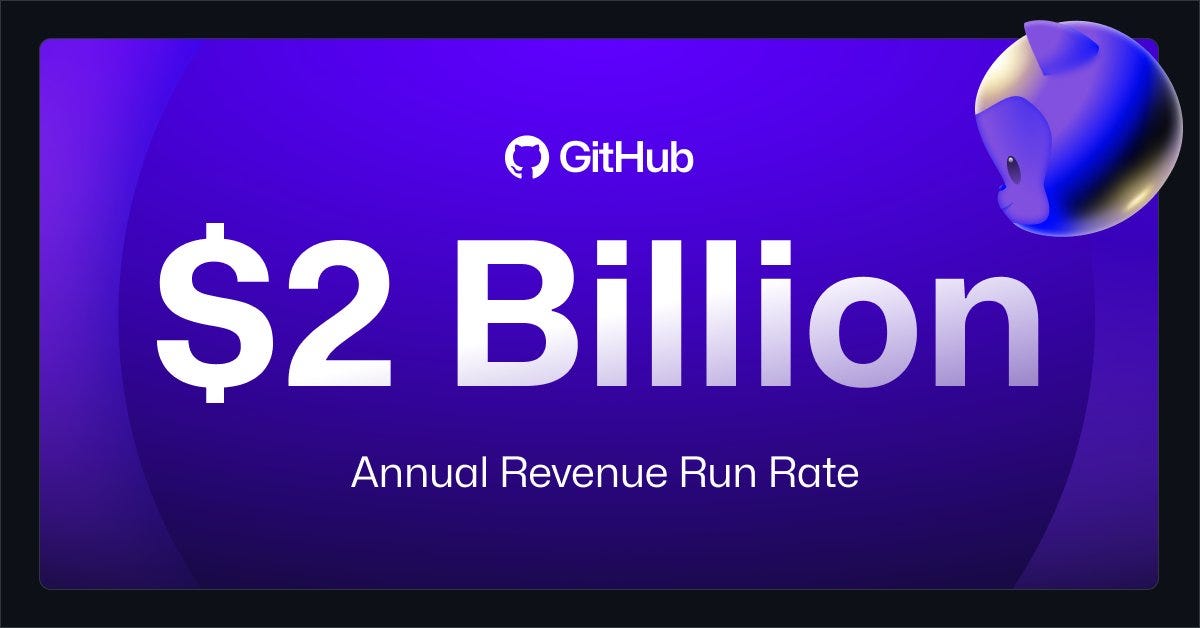OpenAI is reportedly finalizing its acquisition of Windsurf (formerly Codeium) for approximately $3 billion - an enormous sum for a company that's only a few years old. But the deal - OpenAI's largest to date - has raised quite a few questions, the biggest being: Why is an AI code editor worth three billion dollars?
The Deal
Rumors of this deal have been swirling for weeks, with Bloomberg being the latest to offer all-but-confirmation of the acquisition. While neither company has made an official announcement yet, there have been some signs, including Windsurf offering users the chance to lock in a $10/month rate "because of some [upcoming] announcements," and OpenAI's Chief Product Officer Kevin Weil specifically praising Windsurf's capabilities.
But if reporting is to be believed, Windsurf wasn't actually OpenAI's first choice. Others have suggested that the AI giant initially approached Cursor about a potential acquisition but couldn't reach an agreement (one big difference between the two: Cursor is currently valued at $10B).
The timing is particularly relevant, as Windsurf was reportedly in talks to raise venture funding at around the same $3B valuation - meaning OpenAI essentially pre-empted that funding round with its acquisition offer.
So, what is Windsurf?
Windsurf, nee Exafunction
Windsurf started as Exafunction in 2020, founded by MIT graduates Varun Mohan and Douglas Chen. The company's original focus was completely different from coding assistants – they built infrastructure software to help companies use GPUs more efficiently for deep learning workloads.
This was a solid business1, but by mid-2022, the founders saw a shift in the AI landscape and decided to move up the software stack. They pivoted to building an AI coding assistant, rebranded to "Codeium," and launched a code automation tool. Initially, it was positioned as a free alternative to GitHub Copilot, which had just been released.
By late 2023, Codeium had amassed over 700,000 developers and 1,000+ enterprise teams. They'd also raised multiple rounds, including a $65M Series B at about a $500M valuation. Eight months later, they secured a $150M Series C led by General Catalyst, valuing the company at $1.25B - unicorn status in roughly three years.
In late 2024, the company rebranded again, changing its customer-facing name from Codeium to Windsurf. This move came with a broader mission: to move beyond a plugin/assistant to offering a full "AI-native" IDE.
Their flagship product was pitched as the first truly agentic IDE - essentially a standalone code editor with an AI agent called "Cascade" built in. Rather than just suggesting the next line of code, Cascade could perform multi-step coding tasks, make iterative code edits, and handle higher-level instructions.2
By this year, Windsurf had become one of the leading independent AI coding assistants alongside Cursor and GitHub Copilot. Despite being smaller than these two, they still had a reported $40M in ARR (annual recurring revenue) from enterprise customers.
And yet - how does $40M in ARR justify a $3B price tag?
Why Is OpenAI Paying $3 Billion?
There are a number of theories as to why OpenAI might be making this acquisition. Without official confirmation, it'll be hard to say for sure. But I'm assuming there is a good explanation - I believe OpenAI is run by smart, competent people who (generally) don't make dumb decisions3.
So let's take a look at a few of the leading ideas.
The Data Hypothesis
Perhaps the most widely discussed motive is that OpenAI covets the user data generated by Windsurf's coding assistant. Every time a developer uses an AI coding tool, it produces invaluable feedback: the code they request, the AI's suggestions, and the developer's corrections or acceptances.
This interaction data - sequences of code edits and refinements - is gold for training and fine-tuning AI models to be better programmers. On Hacker News, for example, many believe "training data is almost certainly [OpenAI's] main reason for this acquisition."
I've talked about this competitive advantage before (emphasis added):
Github (and other large companies) have big advantages in building something like Copilot:
They employ (or can go out and hire) internal teams to develop new models and build hosting infrastructure.
They have the resources to train and fine-tune models (or in Github’s case, their parent company had the resources to exclusively license OpenAI’s models).
They can collect enormous amounts of usage data and feedback, just from the size of their existing user base.
As it turns out, that last point may actually be the most important. Training data - including user feedback - is becoming the biggest competitive advantage for AI companies.
And while OpenAI already powers GitHub Copilot (via its Codex/GPT models), the data flows primarily to GitHub/Microsoft. It's unclear whether OpenAI gets telemetry access for its own model training.
Building the next generation of AI coding agents (the theory goes) will require training on sequences of actions and feedback. By owning Windsurf, OpenAI can directly collect and analyze that kind of sequence data. It can observe coders and coding agents "in the wild" and own a continuous source of new training examples.
The main downside to this theory is the price. Is coding training data really so valuable that it's worth shelling out $3B? One central question: how much is OpenAI currently paying for the coding-related training data it needs for new models?
The Revenue & Growth Play
Another potential motivation is diversifying its business and capturing a new, fast-growing market. The market for AI-assisted coding has exploded in the past two years - GitHub Copilot became the first AI coding product to hit $100M in revenue, and as of last July, it had an annual run rate of $2B.
Until now, OpenAI has participated in this market indirectly (supplying models to others and via a limited Codex API), but hasn't had a first-party coding product until last month’s Codex CLI launch. Microsoft has GitHub Copilot. Google has Android Studio. Amazon offers CodeWhisperer. Startups like Cursor have gained massive traction mostly using third-party models. Why should OpenAI ignore taking a piece of this multi-billion-dollar market?
Plus, vibe coding is likely to dramatically increase the number of developers writing code with AI in the near future. If I'm being generously optimistic, you could think of the AI IDE as a fundamental piece of software creation - something like a web browser for exploring and creating codebases.
Windsurf gives OpenAI an immediate foothold: a popular product with an existing user base and revenue.
There's also the growth angle. In March, news broke that OpenAI sought to raise up to $40B at a $300B valuation. The company likely needs growth stories and new revenue lines to justify these massive numbers. Owning one of the top AI coding platforms could be precisely that kind of story: it places OpenAI directly in a high-growth SaaS market disrupted by AI advances.
OpenAI can now approach large companies with "we can power your AI" and "here's a ready-made AI coding solution for your dev teams." This is in addition to Sam Altman's previous comments about building a highly competent AI software developer.
But $3B is a massive premium for a product that OpenAI could likely build on its own. Is Windsurf's brand, traction, and userbase really worth it?
A Basket of Other Reasons
Data and revenue are the two leading theories, but there are a few other strategic considerations that might be at play. I'm doubtful that any single one would be a primary driver of the deal, but taken together, there are several additional reasons that make sense from OpenAI's perspective.
Platform control. Essentially, OpenAI ensures it owns a distribution channel for AI in coding. OpenAI can tightly integrate its latest models into the IDE experience without waiting on or negotiating with a third party, and it can experiment with new features directly in the product. This could also be seen as a defensive move: if the partnership with Microsoft/GitHub changed, OpenAI would still have its native platform to reach developers.
Talent and timing. The Windsurf team is capable of building and marketing not just an AI IDE, but an AI coding agent. Not many teams can do that, and "agentic code editors" may be a skillset that OpenAI needs right now but lacks internally. Moreover, if OpenAI anticipates that waiting ~12 months to build a Windsurf clone in-house will mean a radically different competitive landscape, writing a big check to collapse the timeline and secure its foothold now may be justified.
Cash vs equity. One last piece worth mentioning is the fact that we don't yet know the terms of the deal. If all or most of it is in stock, and OpenAI is working with a $300B valuation, Windsurf would walk away with 1% (or less) of company ownership - a much more reasonable arrangement than an all-cash deal.
Looking Forward: The Competitive Landscape
Regardless of the motivations, this acquisition seems all but certain. What, then, does that mean for the competitive landscape?





